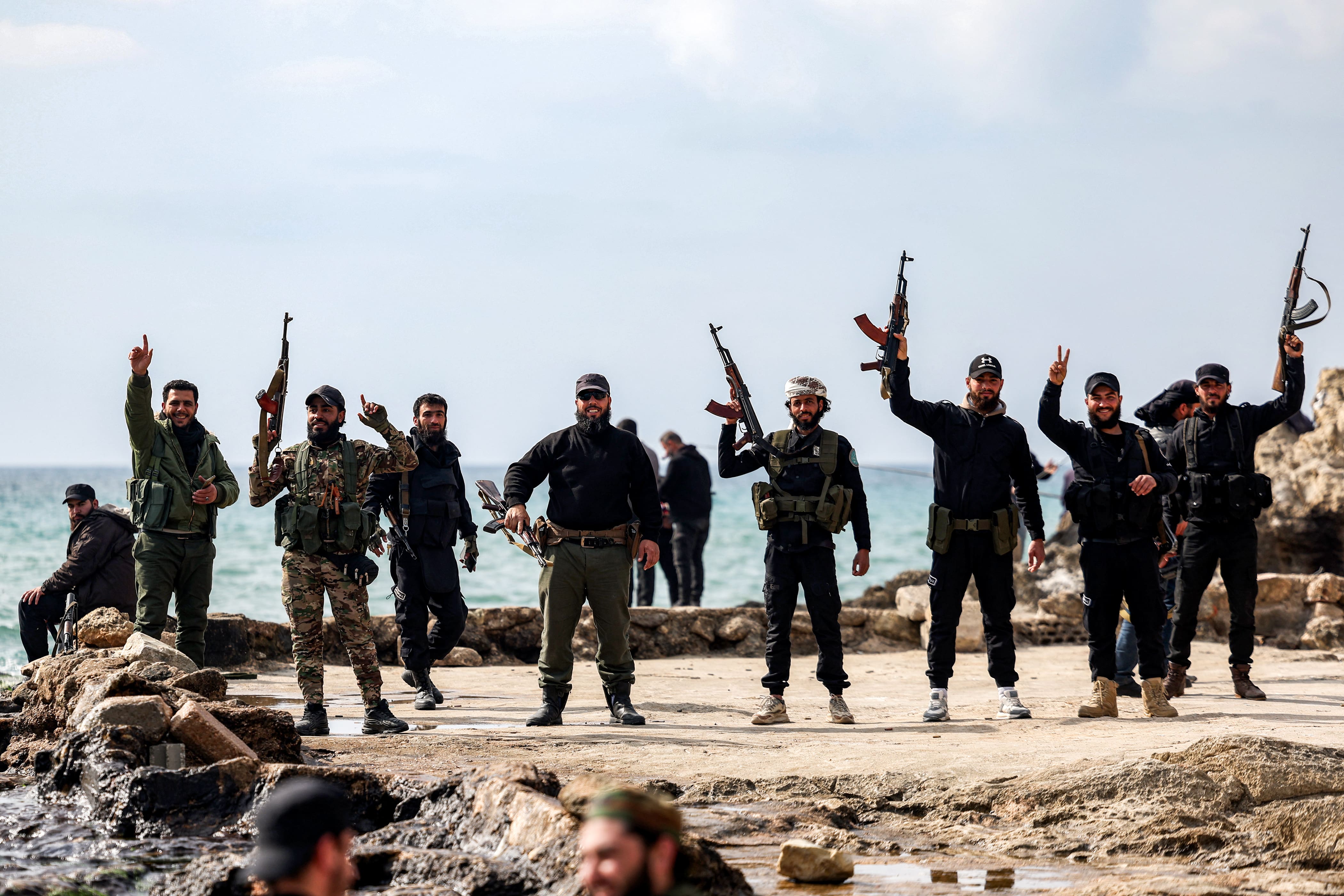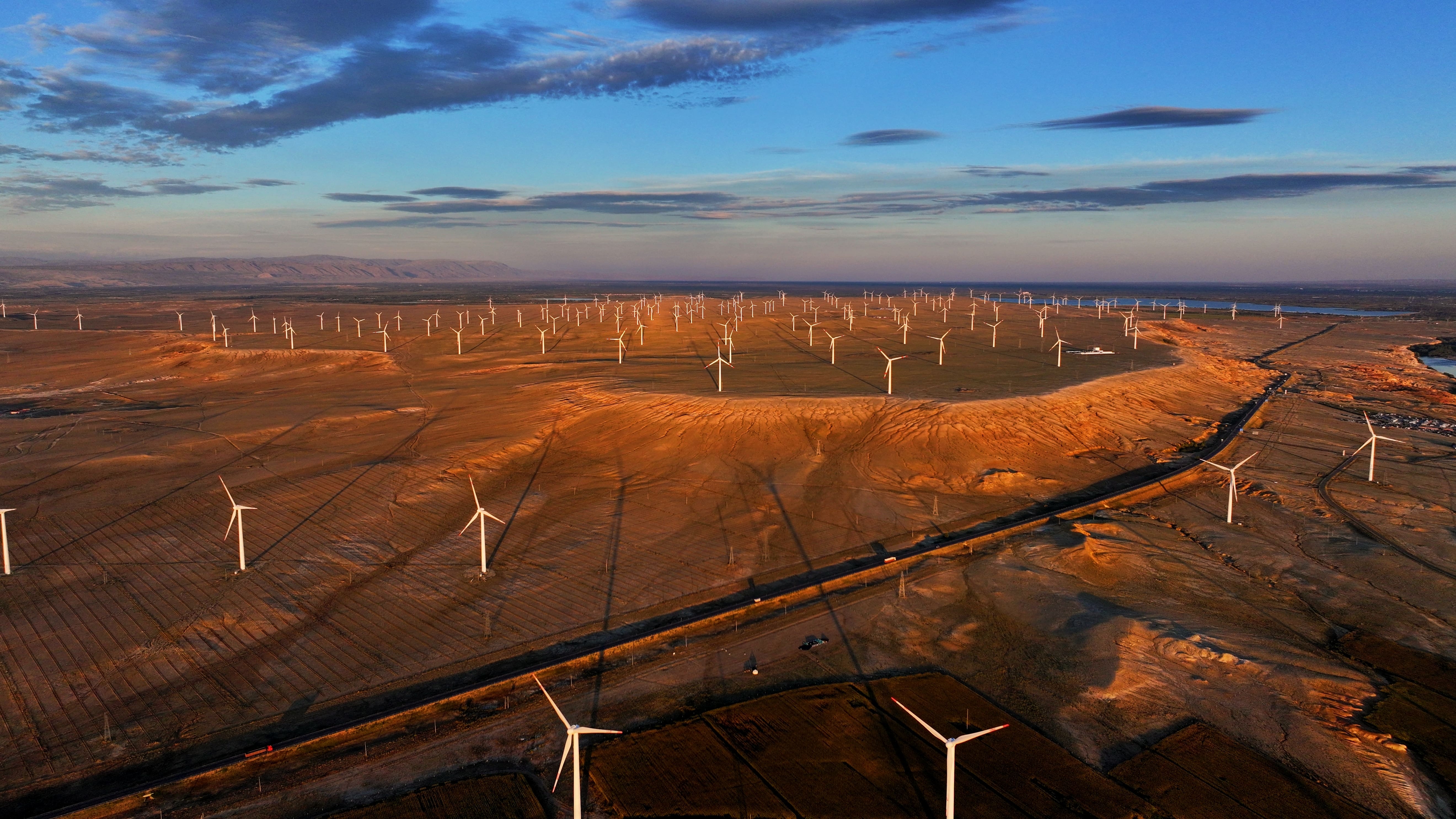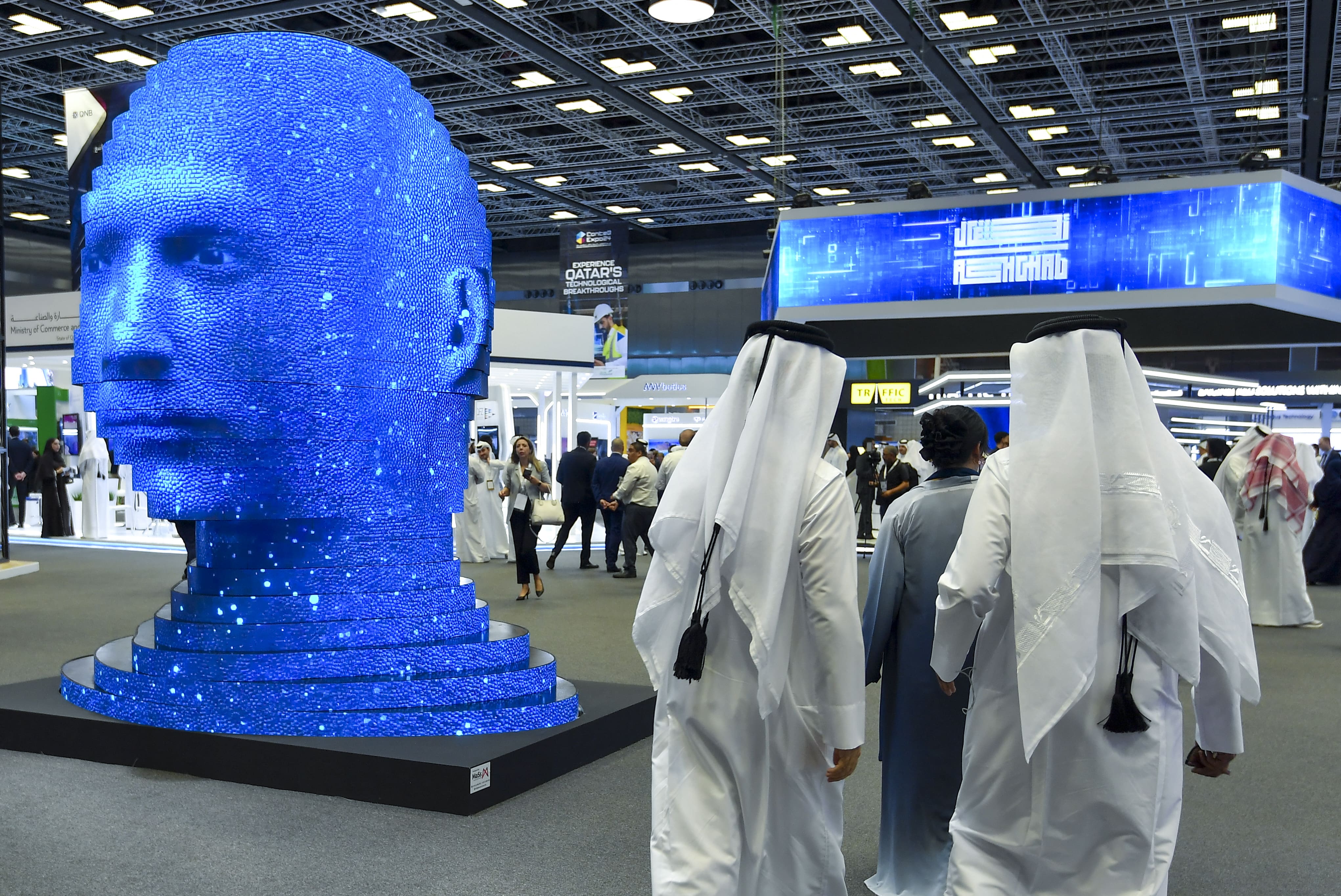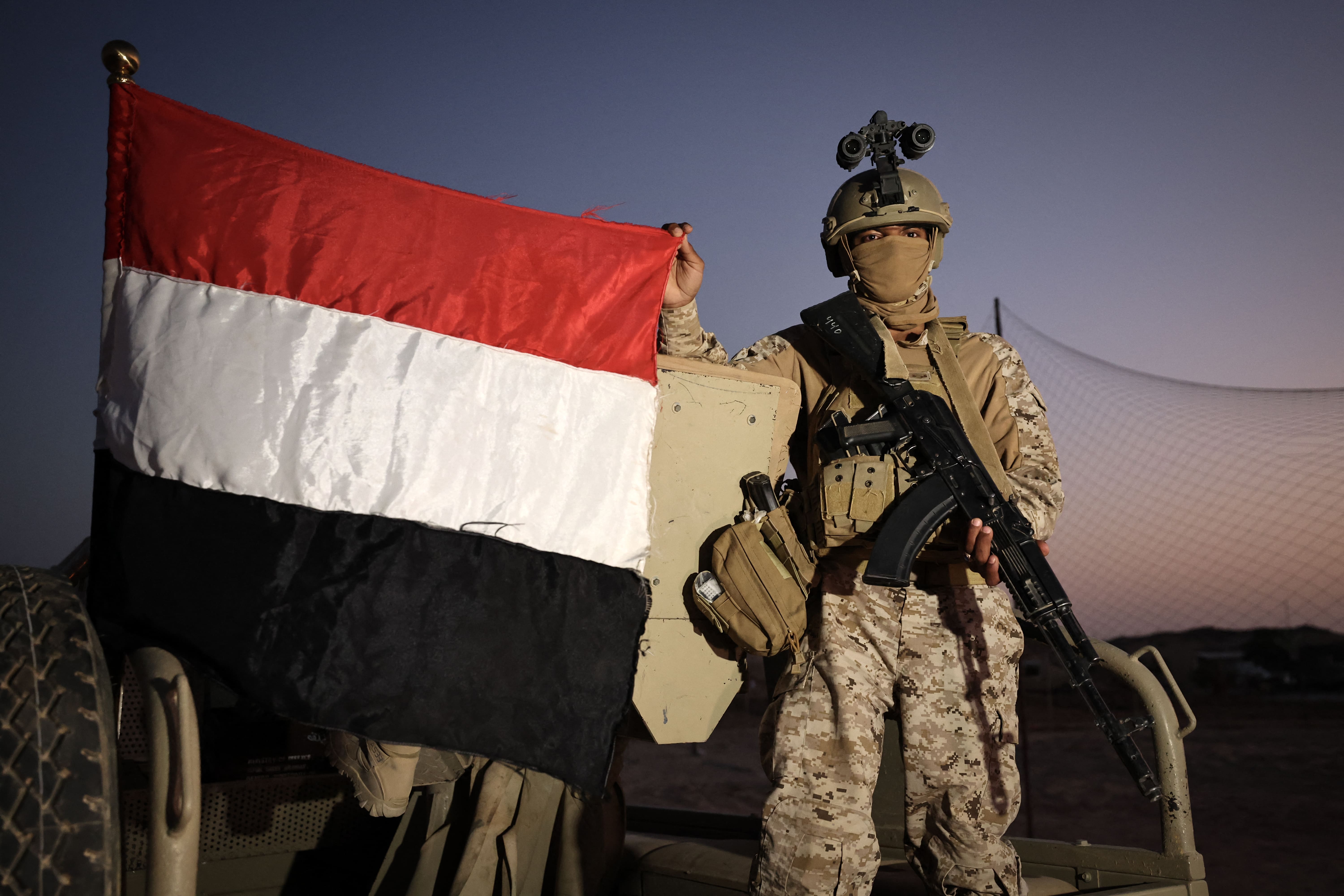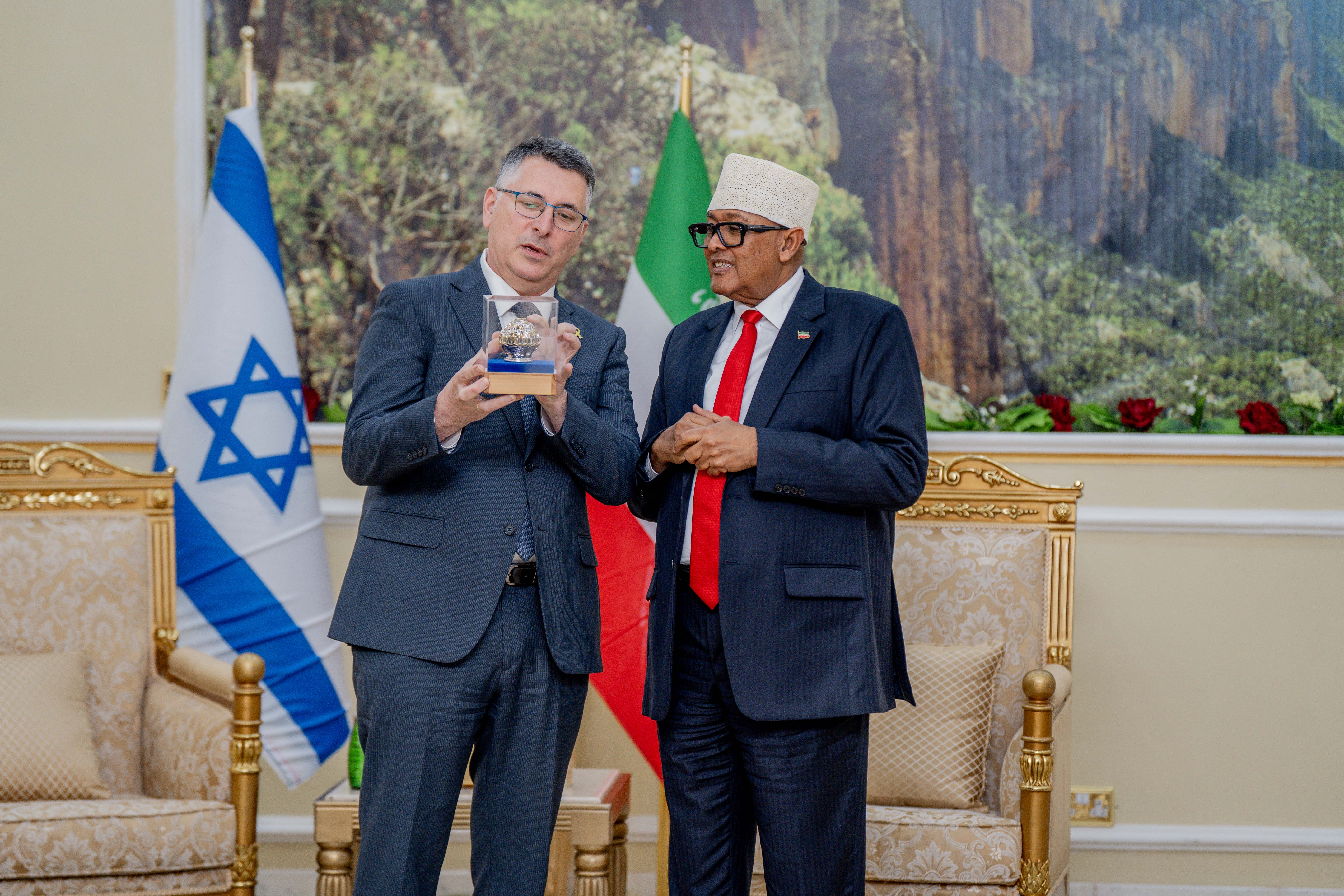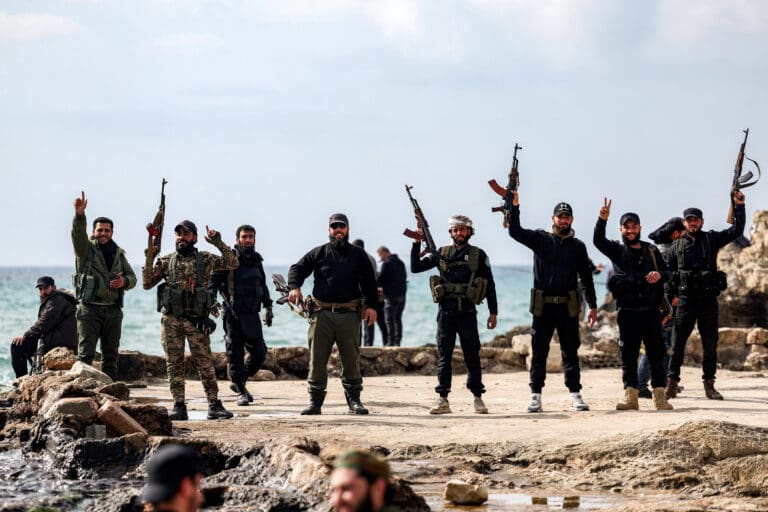
Post-Assad Syria has pursued improvised DDR-style security measures. This policy note argues that only a nationally anchored DDR strategy can sustain stabilization
learn more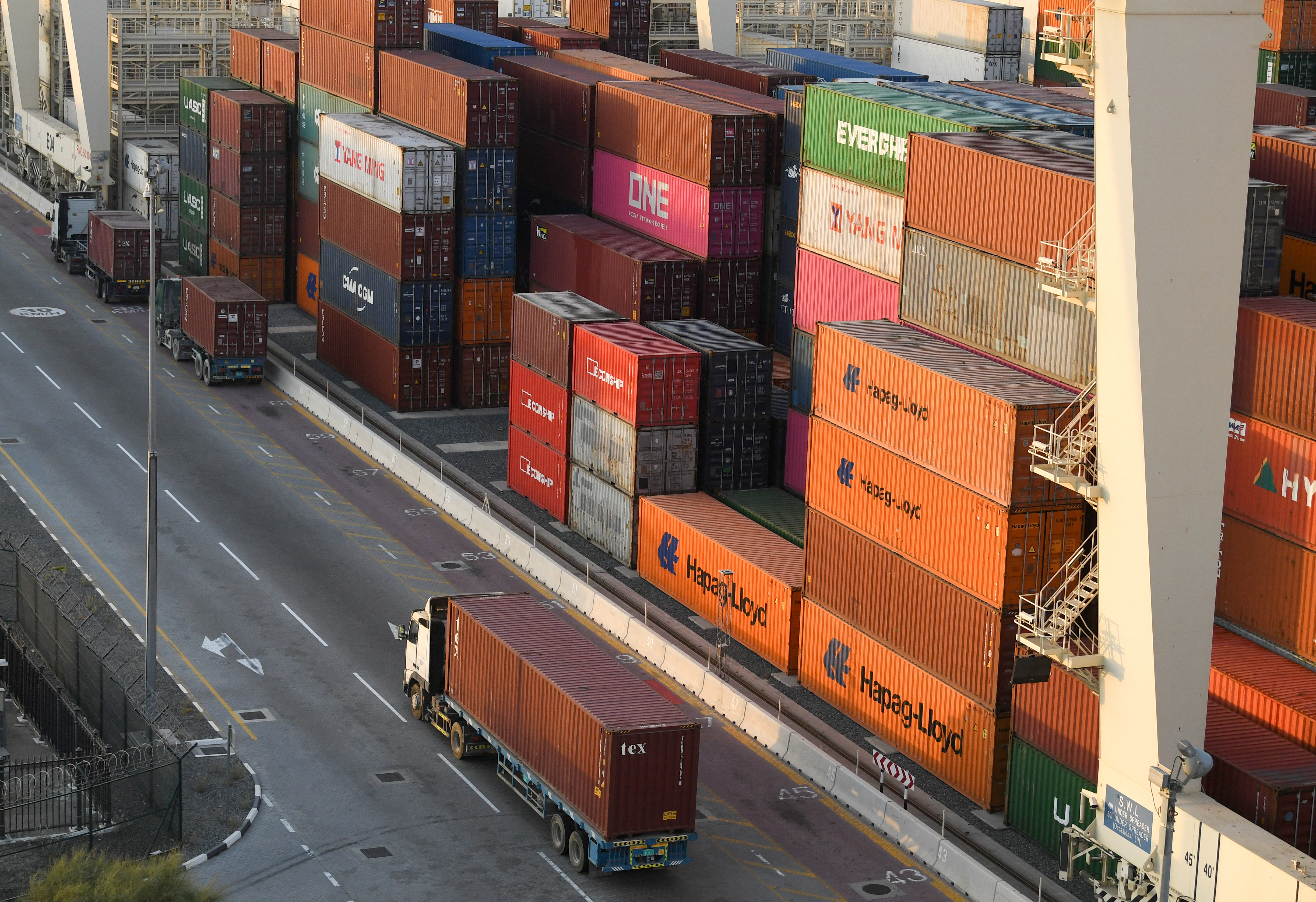
Abstract The Gulf states’ trade relations are in transition. While making progress on diversifying their economies, they continue to seek a balance between hydrocarbon exports and post-oil industries, as well as between Western and Eastern trading partners. Meanwhile, they remain exposed to oil price volatility, the retreat of globalization, and frequent global and regional supply-chain… Continue reading The GCC’s Evolving Trade Networks: Navigating Fragmentation and Diversification
learn more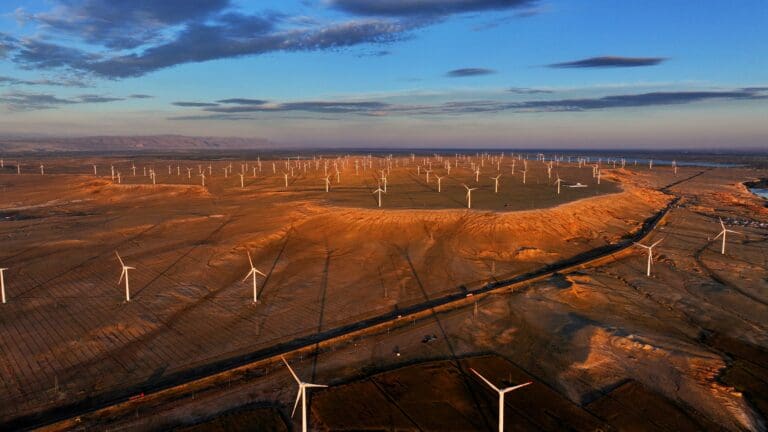
China–Gulf renewable energy cooperation is evolving from hydrocarbon dependency to strategic interdependence, reshaping energy security, industrial policy, and global decarbonization pathways.
learn moreThe Future of US-Gulf Relations: Regional Dynamics, Challenges, and Opportunities in the Era of a New US Administration
learn moreSyrian Expectations for the Future: Navigating Post-Conflict Realities
learn more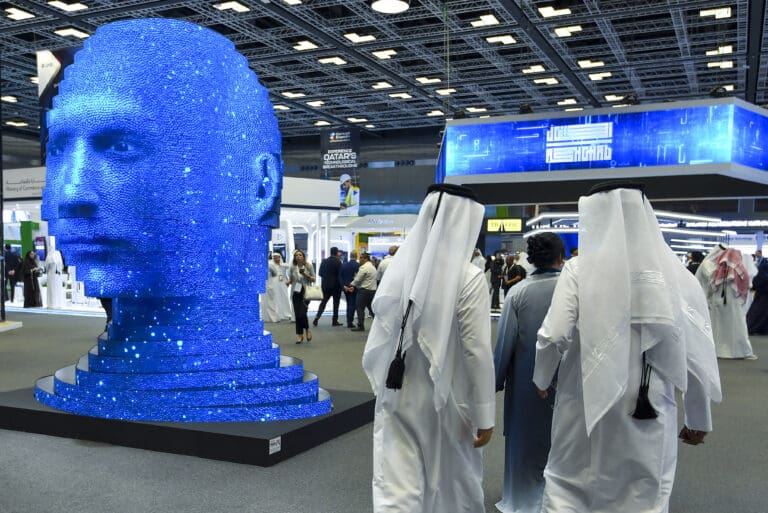
When regulators began discussing adjustments to the European Union’s Artificial Intelligence Act of 2024, mere months after its passage, it was a clear sign of the regulatory challenges in this sector. The comprehensive legislation was the first of its kind, and even seasoned regulators like the EU were struggling amid political and corporate pressure, unable to set realistic and effective measures to guide rapid advances in AI technology. For observers in the Gulf, these challenges were a warning sign of the urgent need to balance innovation with risk management. … Continue reading Why the Gulf States Share in the AI Governance Dilemma
learn more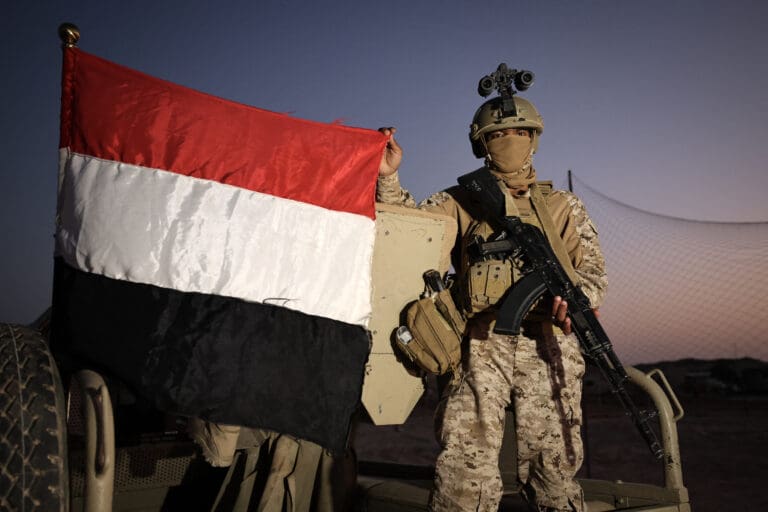
After a transformative few weeks that have seen its political map change drastically, Yemen is once again at a dangerous crossroads. The risk of escalation and renewed confrontation remains real, even as sustained efforts are being made to prevent such an outcome. Recent events have underscored just how narrow the margin for error has become,… Continue reading As Latest Yemen Crisis Eases, A Dangerous Moment Arises
learn more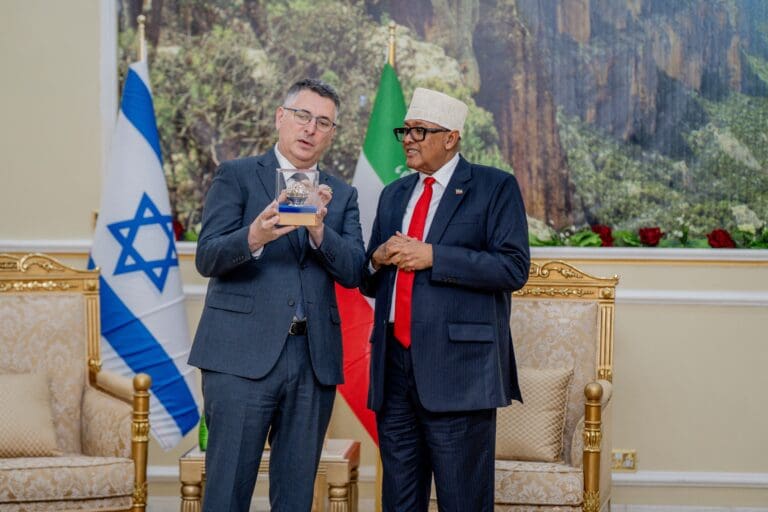
Israel’s recognition of Somaliland as an independent state, ushered in by Foreign Minister Gideon Saar’s visit on January 6, is a geopolitical watershed that sheds further light on Israel’s evolving regional strategy after October 7. Much of the early commentary has been distorted by claims that the move is part of a transactional scheme to relocate Palestinians en… Continue reading Israel’s Somaliland Gambit Reflects a Doctrine of Endless Escalation
learn more
